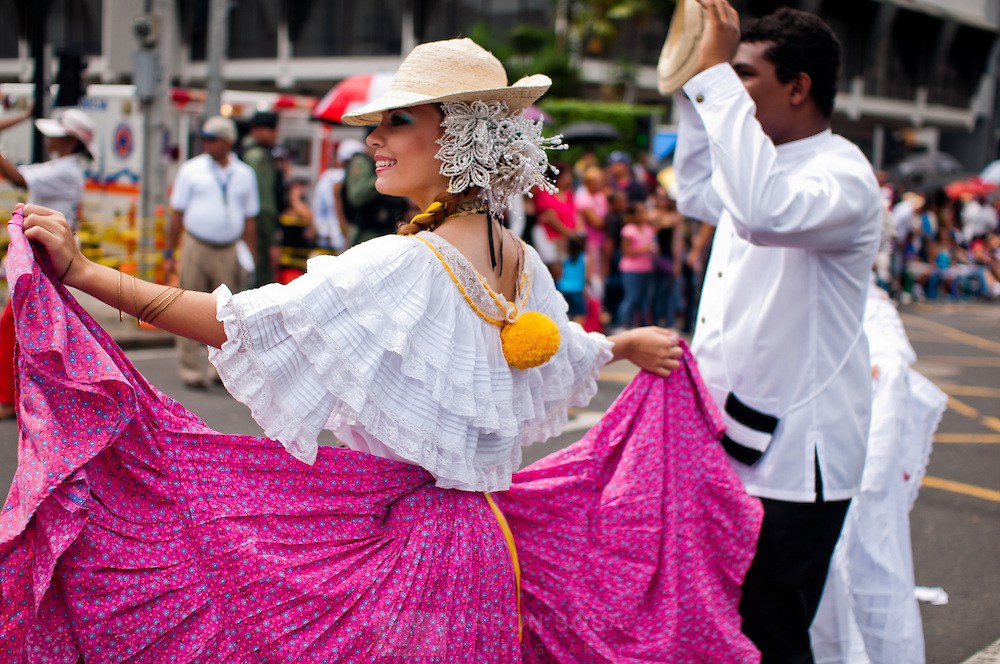We are now in the month of holidays, November in Panama where we have 5 holidays including Independence from Colombia and Spain.
If you live in Panama, or have ever visited Panama in November, you’ll know that this is the most special month for the country. November marks the season of the “Fiestas Patrias” or “Patriotic Holidays” in English. Officially, there are five national holidays in Panama in November, each marking either a famous battle for independence, or declared independence from Spain, and later Colombia. Though five holidays may seem like a lot, it’s actually more, culturally, as many of these holidays are piggybacked with “puentes” (bridge holidays) that connect a Friday or Monday if the holiday falls on a weekend. So, if you’re in Panama in November, you’re going to want to know these 5 things:
1.Get to know the days.
The official holiday days for Panama in November are November 3rd (Separation of Panama from Colombia), November 5th (Colon Day), November 6th (Colon Celebration Day), November 10th (Cry of Independence Day), and November 28th (Independence from Spain Day). Each of these days hold a national significance, and each are celebrated as total holidays (no banks, gov. offices open), with most businesses closed, and those open required to pay extra time for employees.
2. Prepare for everything to close.
Unlike in many other parts of the world, in Panama when there are national holidays, virtually everything closes. Big chain grocery stores stay open, but other than that expect local restaurants, retail stores, and services to shut their doors for each holiday day, with many closing for an entire week, or scaling back hours/employees for the entire month. Due to this, you may want to go shopping, do your banking, and contract your services for before or after the holidays. Big projects should wait until December, as you’ll barely have work days between holidays and bridges.
3. Local holiday recognition.
Though each patriotic holiday is recognized on a national level, you’ll find that each one has added significance in certain parts of the country. For example, Colon Day is celebrated bigger in Colon, and the “Grito de Independencia” is highlighted the most in Los Santos. In the city, the biggest celebration is on the 3rd. You should keep all of this in mind if looking to celebrate throughout the country, especially if you want to travel.
4. Expect heavy traffic.
November is probably the worst trafficked month on Panama’s highways, including the Christmas/New Year’s holidays in the following month. Most people travel during this time, and that means serious traffic heading into (and out of) the interior of the country. Plan ahead for this if you can, and be patient as you travel to avoid accidents and added stress. There are also many police checkpoints on the highways during this time, so bring all relevant documents with you on the road, even if you’re traveling by bus.
5. Family-Friendly.
Though November is considered a month of parties, travel, and days off, don’t confuse it with Carnaval. The Fiestas Patrias is much more calm, and is considered not just a cultural event, but also a political one. Rather than raucus partying and all-night music/dance, these holidays are much more family oriented. Schoolchildren prepare for months to march and play music, and most Panamanians will go out of their way to see their family. It’s good to remember this, as it’s a sign of respect to party responsibly, and remember that the holidays commemorate important political and historical dates.

